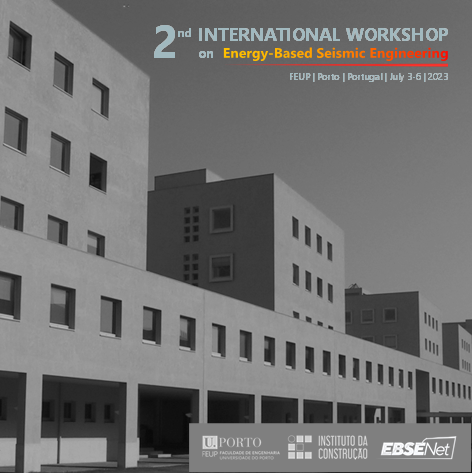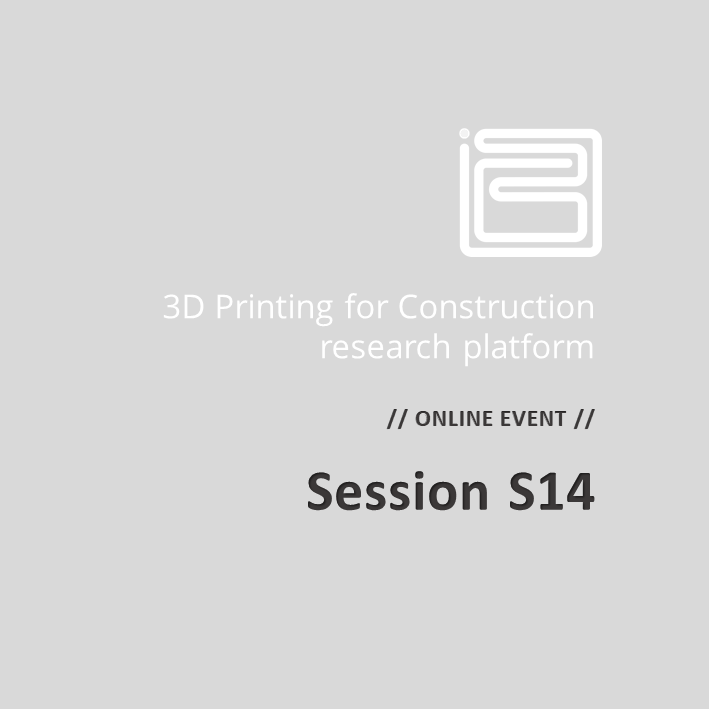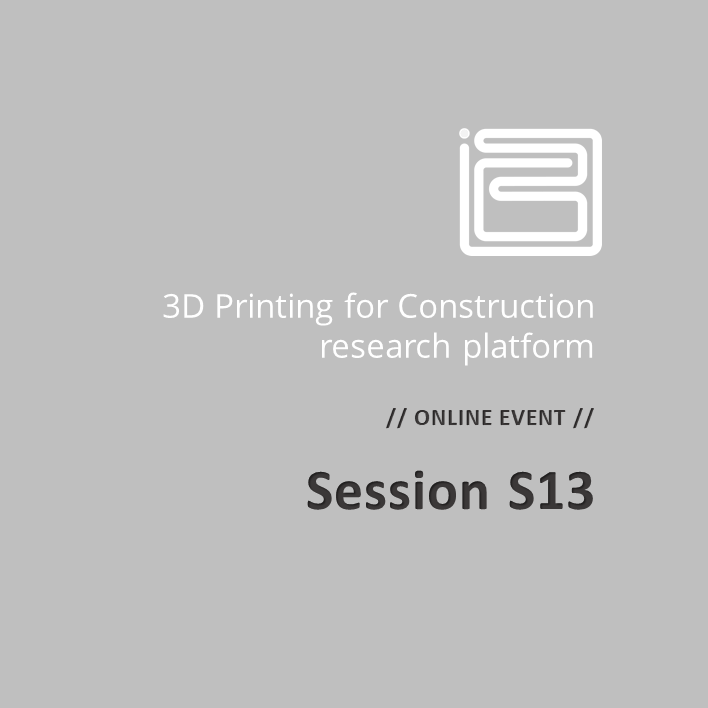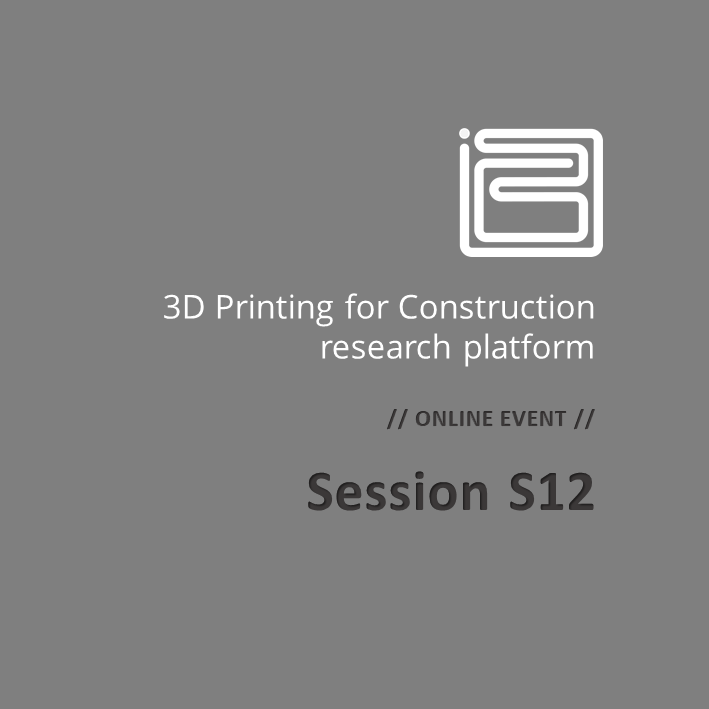Numerical Modelling of Wind Turbines (2nd Edition)
FormaçãoData: 17 Out - 16 Nov
Ano:2023
Local: FEUP/ONLINE
Horário: 17:30-19:30
Background
Wind energy has a crucial role to play in tackling climate change and in boosting Europe’s energy independence, which is fundamental to its economic and political stability. These two objectives have forced Europe and Portugal to set very ambitious targets to dramatically increase their wind energy production infrastructure in a short period of time. Although this process requires human resources with adequate specialized training, currently the offer of courses with a specific focus on wind energy in Portugal is practically non-existent. Therefore, it is necessary to convert human resources with training in the various areas of engineering. Many initiatives will be necessary to cover this gap. This course aims to contribute with an introduction to numerical modelling of wind turbines, using an open-source program with widespread use in academia and industry. Considering the relevance of floating wind turbines in the Portuguese present context, this topic will be also covered in the course.
Objectives
This course will focus on the numerical modelling of wind turbines. However, in order to provide to the attendees basic concepts regarding wind energy, fundamental for a correct implementation and interpretation of numerical models, it also includes modules aimed at exposing the basic theoretical concepts that govern the operation of the most common wind turbines. At the end of the course participants should:
– know the main components of a wind turbine;
– understand the mechanism for generating electricity from wind;
– know how to generate realistic wind fields in order to represent the wind loads;
– understand the structural behaviour of foundation, tower and blades and know how to model the main components;
– understand the aerodynamic behaviour of the rotor and know how to model it;
– know the rotor control mechanisms and know how to model them in a simplified way;
– know the operating principles of floating platforms for offshore wind turbines and their basic modelling;
– know wind turbine operating regimes and singular events and know how to model them;
– know how to interpret numerical modelling results.
Organization and Program
Organization
The course will last five weeks: four weeks with classes, with an intermediate week for the autonomous development of exercises. The classes will happen in two weekly sessions (Tuesday and Thursday), starting at 17:30, with a duration of 2h. The sessions will combine the presentation of theoretical concepts with their demonstration in physical models (when possible) and the development of practical modelling exercises. The practical applications will be more concentrated in the second sessions of each week. The resolution of the exercises will be supported by Python routines that simplify the interaction with the OpenFAST software and allow a quicker analysis of the obtained results. The course has 16 contact hours (+6h of estimated autonomous work). The course can be attained online, but the presence at FEUP is highly recommended, since in person it will be possible to provide a much better support in the resolution of the practical exercises.
Program
Session 1 (17/10/2023): Introduction to wind turbines components, operation and dynamic behaviour:
– Introduction to the course and brief presentation of the computer tools that will be adopted;
– Importance of wind energy in Portugal, Europe and the rest of the world;
– Main components of wind turbines;
– Basic principles on dynamic behavior of wind turbines.
Session 2 (19/10/2023): Introduction to the numerical modelling of wind turbines:
– The modelling software OpenFAST (code, repository and structure);
– Presentation of the tools to support the resolution of exercises;
– Numerical Modelling of flexible bodies in motion;
– Tower and blades structural modelling;
– Simulation of free decays.
Session 3 (24/10/2023): Wind and Aerodynamics:
– Wind field properties and characterization
– Aerodynamics of 2D bodies: lift and drag coefficients;
– Linear momentum theory;
– Angular momentum theory;
– Blade element/momentum theory (BEMT);
– Deviations from the ideal rotor and corrective models.
Session 4 (26/10/2023): Modelling the wind and the rotor aerodynamics:
– Wind models in OpenFAST;
– Tower and blades aerodynamic modelling;
– Parked rotor simulations;
– Normal operation simulations with prescribed initial conditions.
Week for autonomous work (30/10/2023 – 03/11/2023):
– Modelling exercise in OpenFast.
Session 5 (7/11/2023): Control Algorithms and design concepts:
– Operation regimes of wind turbines;
– Design procedures and load cases definition.
Session 6 (9/11/2023): Modelling of operation and design scenarios:
– Definition of torque and pitch control algorithms;
– Normal operation simulations;
– Design load cases simulations.
Session 7 (14/11/2023): Introduction to floating wind turbines:
– Floating platforms and mooring systems;
– Numerical models for floating structures.
Session 8 (16/11/2023): Modelling of floating wind turbines:
– Modelling floating wind turbines in OpenFAST;
– Numerical simulations in realistic sea states.
Public
Professionals with a graduation in engineering interested in the numerical modelling of wind turbines
Format
IN PERSON (recommended) | ONLINE
Registration
600€
Limited number of registrations, selection based on the order of registration. Course conditioned to a minimum of registrations.
DEADLINE: September 20, 2023
Registration Form: [PT_download] [EN_download]
Resources
Trainees should bring their laptop. Supporting documentation and software developed in Python will be provided.
Complementary information
– Registrations must be formalized by completing and submitting the Registration Form.
– The payment conditions of the course are under consultation with the services.
– Registration is only effective after payment.
– The price of each course includes didactic material, supporting documentation and a professional training certificate.
– Payment for the training course must be made no later than 7 working days before the start date.
– The realization of each training action is dependent on a minimum of 10 registrations.
– In case of withdrawal, 90% of the registration fee will only be refunded when communicated in writing at least 5 working days in advance. For cancellations occurring after this period of notice, no refund of any amount paid will be made.
– The entity reserves the right to postpone or cancel the training, upon prior information to the candidates.
Contact
Instituto da Construção – IC
Departamento de Engenharia Civil
Faculdade de Engenharia da Universidade do Porto
Rua Dr. Roberto Frias, s/n – Edifício G
4200-465 Porto
Tel. +351 22 508 1856
Email: cursosic@fe.up.pt
Link: www.fe.up.pt/ic
Opening hours
Monday – Friday, 9:00-12:30 and 14:00-18:30.






